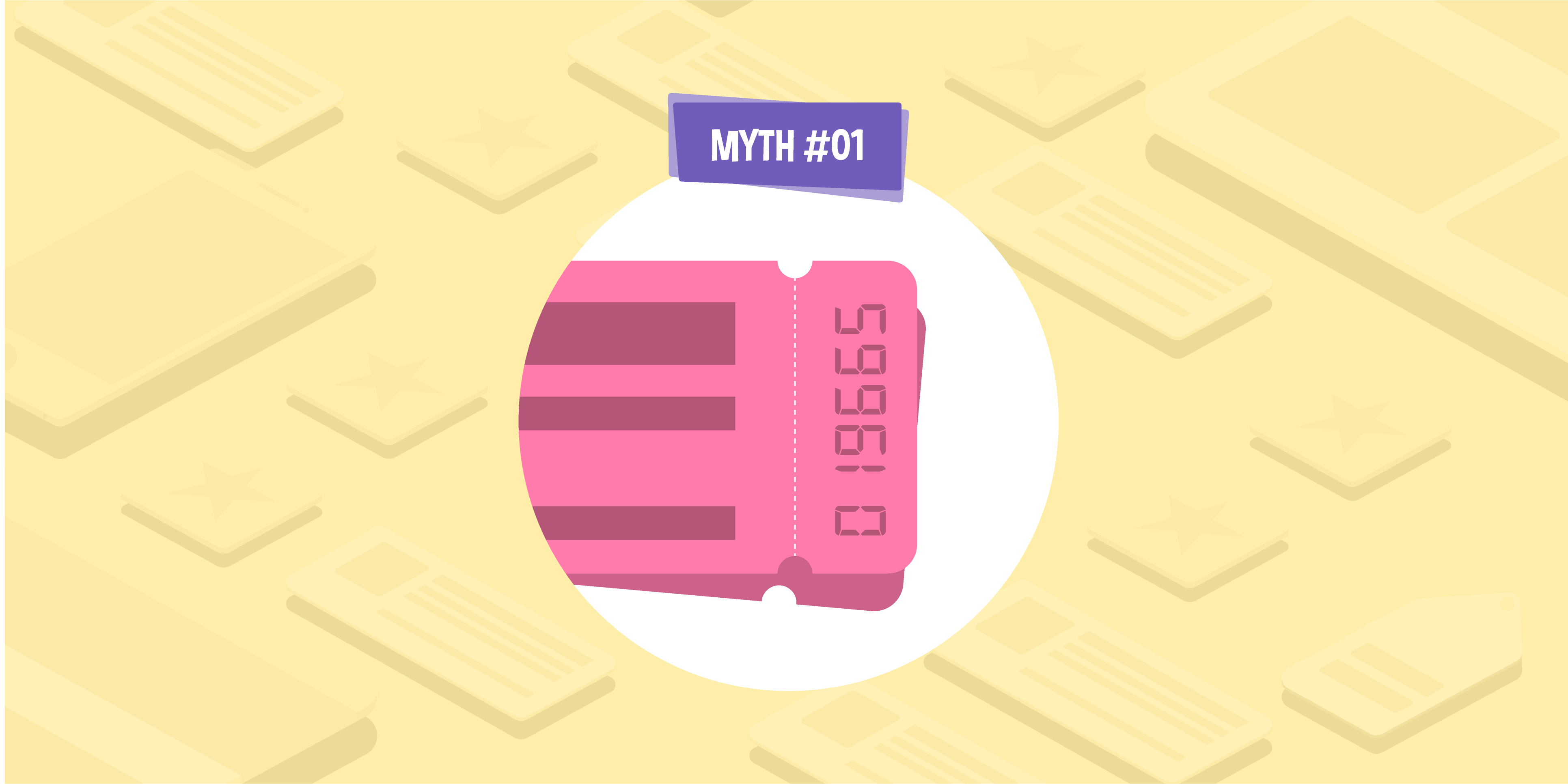
- 27 Apr 2017
- 5 Min read
SEO news & Google updates: April 2017
April 2017 was a big month in SEO. Google worked hard to push fake news down the SERP and released a feature that might change the way we shop online, while a report by STAT revealed that People Also Ask boxes are on the rise.
To make sure you’re up to date with April’s biggest digital marketing developments and Google updates, we’ve brought together all the stories you need to know here in our monthly new bulletin. What’s more, we’ll share exactly how you can take advantage of these changes so you can stay ahead of the game.
So, read on to discover what the latest developments in SEO mean for you.
Google cracks down on fake news
One of the many things 2016’s US election cycle highlighted is the phenomenon of ‘fake news’ — misleading, offensive, or patently false content that is presented as objective fact and spread online.
In recent months, Google has faced mounting pressure to crack down on results like this making it to the top of the SERP:
If you’re wondering if Obama is planning a coup, Google’s “one true answer” is yes. FFS. pic.twitter.com/pFr7omJttU
— Danny Sullivan (@dannysullivan) March 5, 2017
According to a post on its official blog, Google announced that it will be using a three-pronged approach to remove fake news and offensive content from appearing at the top of the SERP.
Firstly, it’s adjusted the ranking signals to help quality content from authoritative sources rise to the top of the organic results, and keep poor content from unreliable sites away from page one.
Secondly, it’s employed real people to assess the quality of its results and help improve them.
Lastly, it has launched direct feedback tools that allow users to report false or offensive content in real time. These will help prevent offensive suggestions appearing in the autocomplete feature and unworthy content appearing in the featured snippet.
We’ve already written an article about the importance featured snippets are going to have as voice search becomes more popular. By trying to stamp out fake news and offensive content from this feature, Google is going a long way to stopping the spread of misinformation. The search engine’s hope is that these changes will stop offensive and unfounded content like this from finding its way onto Google Home:
Google Home giving that horrible answer to “are women evil” on Friday. Good article on issues; I’ll have more later https://t.co/EUtrx4ZFul pic.twitter.com/Ec8mEqx8Am
— Danny Sullivan (@dannysullivan) December 4, 2016
Assuming you’re not publishing false or offensive content on your own site, Google’s efforts to crack down on fake news shouldn’t affect your rankings directly. However, it should help clear the organic results of unfounded claims and low-quality content, clearing the way for quality content to rise to the top of the SERP. To make sure you’re publishing content that’s good enough to hit the top of the rankings, make sure to follow the tips in our content marketing guide.
Google introduces Fact Check
In another attempt to banish fake news from its results, Google released a feature called Fact Check worldwide this month. As shown above, this feature will give searchers an idea of the consensus around whether a claim is true or false according to independent third parties.
These fact checks aren’t made by Google itself — they’re collated from third party publishers. In the example above, you’ll see that PolitiFact have earned the top spot for the search ‘27 million people enslaved’ because they’ve objectively assessed that fact within their own content. If there are any common myths in your industry, this can therefore be a great way of claiming an authoritative spot at the top of the SERP.
According to a post on the Google blog, if you want your content to be included in this feature, you’ll need to mark up the page with the Schema.org ClaimReview markup. Find out how to do this on the official Google website.
Google now recommends products based on the lifestyle images you love
As if Google hasn’t been busy enough fighting fake news, this month they released a feature that might change the way we shop online.
The new Images feature is called Similar items, and it uses machine vision technology to identify products in lifestyle images and show matching products to searchers. Here’s what it looks like in action:
If a searcher spots a style they like while browsing Google Images, this feature will allow them to get the look themselves in just a few clicks by picking up the recommended products.
This poses a whole new avenue for organic traffic to ecommerce sites. If you sell products online and want to take advantage of this feature, follow the product page markup guidelines on the Google website.
People Also Ask boxes are on the rise
© STAT
32% of keywords are now returning a People Also Ask box, according to a study by STAT. That’s a significant increase on the 20% recorded last October from the same sample of keywords.
This trajectory suggests this feature is set to appear on more searches in the future. So, if you want to stay on top of the SEO game, then it’s clear that you should focus on taking advantage of this SERP feature. Find out how by reading our tips for earning featured snippets on Google, which also applies to earning those coveted spots in the People Also Ask Box.
That just about sums it up for how April 2017’s biggest developments in digital marketing affect you. Check back in with us in a month’s time to find out everything you need to know about how SEO has evolved in May.
If you want to keep your finger firmly on the pulse of the digital marketing world, you can also follow us on Twitter and LinkedIn for daily updates.





